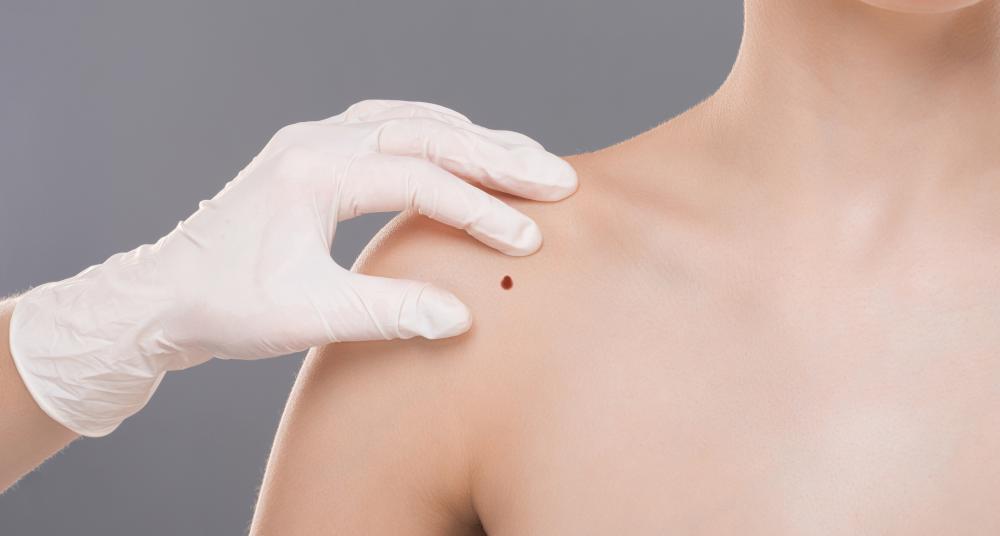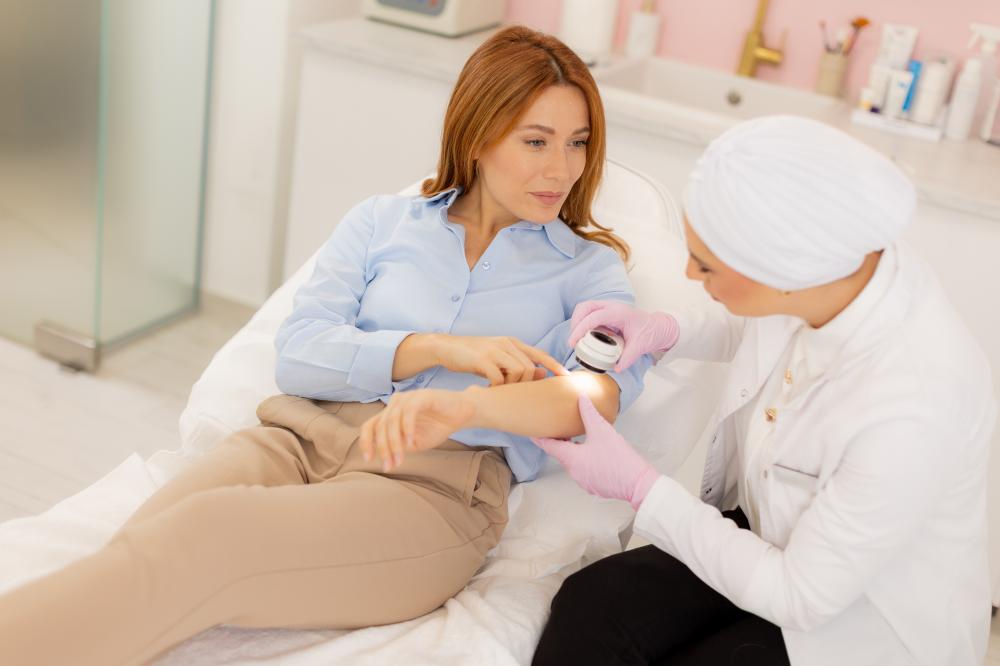The Importance of Regular Skin Cancer Screening
Skin cancer remains one of the most common forms of cancer in the United States, and early detection is key to successful treatment. Regular Skin Cancer Screening Tampa can be your first line of defense against the progression of this disease. From annual dermatologist visits to monthly self-exams, these practices allow individuals to maintain vigilant awareness of their skin’s condition.
While some may overlook changes in their skin, dermatologists like those at Indigo Dermatology emphasize the critical nature of recognizing early warning signs. For instance, an unusual mole that grows rapidly or changes in color could signify trouble. As a professional in the field for over two decades, I have seen countless cases where early screening not only prevented severe health complications but also saved lives.
How to Perform a Self Skin Exam at Home
Conducting a thorough self-exam at home is an accessible way to keep tabs on your skin’s health. To conduct a self-exam, you will need a well-lit area, a full-length mirror, and a handheld mirror for hard-to-see areas.
- Start by examining your entire body in the full-length mirror. Pay attention to the front and back, raising your arms to view the sides.
- Use the handheld mirror to check your scalp, making use of a comb to part your hair and inspect the scalp underneath.
- Scrutinize your hands, including between your fingers and under your nails. Don’t forget your feet, toes, and soles.
- Finally, check your back using both mirrors, and don’t neglect hard-to-see areas like the genital region.
Remember, the goal is to notice any new or evolving changes such as moles, blemishes, or spots. These may necessitate a detailed Skin Cancer Screening Tampa by a professional dermatologist.
Who Needs Regular Skin Cancer Screening in Tampa?
Despite some beliefs that Skin Cancer Screening Tampa is only necessary for those with obvious risk factors, it’s actually beneficial for many. While individuals with fair skin, a history of sunburns, or a family history of skin cancer are at a higher risk, those with darker skin tones should not assume they are immune.
Sun exposure affects all skin types, and melanomas can develop in anyone. As a practitioner, I have treated numerous patients who initially believed their darker skin exempted them from screenings. Education on this topic is vital to fostering preventative health habits across diverse populations.
Benefits of Professional Skin Cancer Screenings
While self-exams are crucial, professional screenings bring an unmatched level of scrutiny and expertise. Dermatologists are trained to detect skin anomalies that might seem benign to the untrained eye. At Indigo Dermatology, my team and I perform comprehensive full-body exams that can ease patient concerns or, if necessary, lead to early interventions.
- A professional screening can detect forms of skin cancer such as basal cell carcinoma, squamous cell carcinoma, and melanoma at their earliest stages.
- Experienced dermatologists use diagnostic tools and techniques that are not possible during a self-exam.
- These screenings also provide an opportunity for patients to ask questions and receive personalized advice on sun protection and skincare.
What Qualifies as a Skin Cancer Screening Tampa Emergency?
A Skin Cancer Screening Tampa emergency arises when a rapidly changing mole appears, or a sore that doesn’t heal, begins itching or bleeding. Immediate attention from a dermatologist is advised.
Changes in your skin can escalate quickly, and symptoms such as these suggest the need for immediate medical evaluation. Patients often approach these situations with urgency, visiting Indigo Dermatology at the first sign of such transformations. This responsive action can make all the difference in treatment outcomes.
Indigo Dermatology’s Unique Approach to Skin Cancer Screening
At Indigo Dermatology, we blend innovative techniques with compassionate care, ensuring all patients receive personalized attention. Our telehealth services offer flexibility and accessibility for those unable to attend in-person appointments, reflecting our adaptation to modern healthcare demands.
In my years of practice, it’s become clear that fostering trusting relationships with patients often leads to more effective care. We prioritize educating patients on the importance of regular screenings and empower them with information on how to perform self-exams confidently. This holistic, patient-centric approach has consistently resulted in high satisfaction and positive health outcomes.

